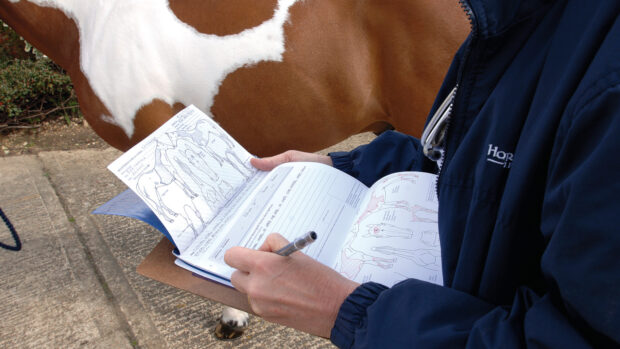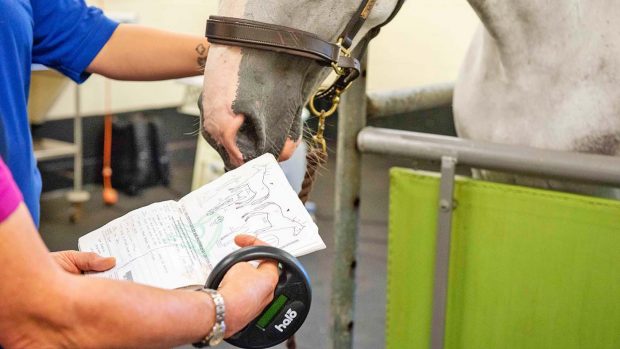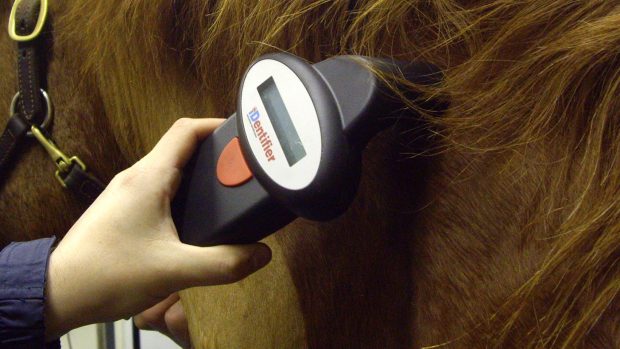All horses in England will have to be microchipped under new rules to be due to be laid before parliament as soon as is practical.
The regulations, drawn up by Defra following consultation with the equestrian industry, apply to all equines except semi-wild moorland and New Forest ponies.
The extension of the current rules, under which only equines born since July 2009 must be chipped, has been welcomed by the industry, as it should help reduce the chance of fraud and improve disease control.
“I’m pleased we’ll be laying new regulations on equine passports as soon as practical,” Defra minister Lord Gardiner said at the 2018 National Equine Forum last month. “And, having listened to the sector, we intend to extend microchipping requirements to all equines of all ages.”
The regulations, which set out how EU passport legislation is implemented, also include civil sanctions for those who breach them, for which, Lord Gardiner said, there was “strong support” within the industry.
Serious or serial offenders could still be prosecuted, but the new civil sanctions are designed to “encourage compliance”.
The details of the sanctions will be set out in the new regulations but enforcement will remain the responsibility of local authorities.
World Horse Welfare chief executive Roly Owers said the charity is “very encouraged” by the extension of microchipping requirements and the introduction of civil sanctions.
Article continues below…

Passport law baffles regional inspectors
Confusion continues to surround the enforcement of the government's equine passport legislation, with the definition of a “competition” proving a

Slaughter of stolen horses exposes loophole in equine passport law
The slaughter of two stolen loan horses for meat has revealed a loophole in current horse passport law

Equestrian law firms say fly-grazing is a growing issue
Should laws be changed to allow landowners to passport and sell dumped horses?
“The equine sector has been unequivocal in our collective view that the new equine ID regulation needed to be enforceable and enforced and that retrospective microchipping and fixed penalty notices are fundamental to achieving that,” he told H&H. “Most critically these proposals will give local authorities a simple mechanism to ensure owners respect the regulation.
“We look forward to hearing more about the proposals, including a timeline for implementation. We have been in an identification no-man’s land for too long and this new legislation cannot come into force quickly enough.”
Owners will be given a period of grace to comply with the regulations once they are laid before parliament.
For more on the extended microchipping requirements, and the civil sanctions for breaching the regulations, see the current H&H magazine, issue date 29 March.





